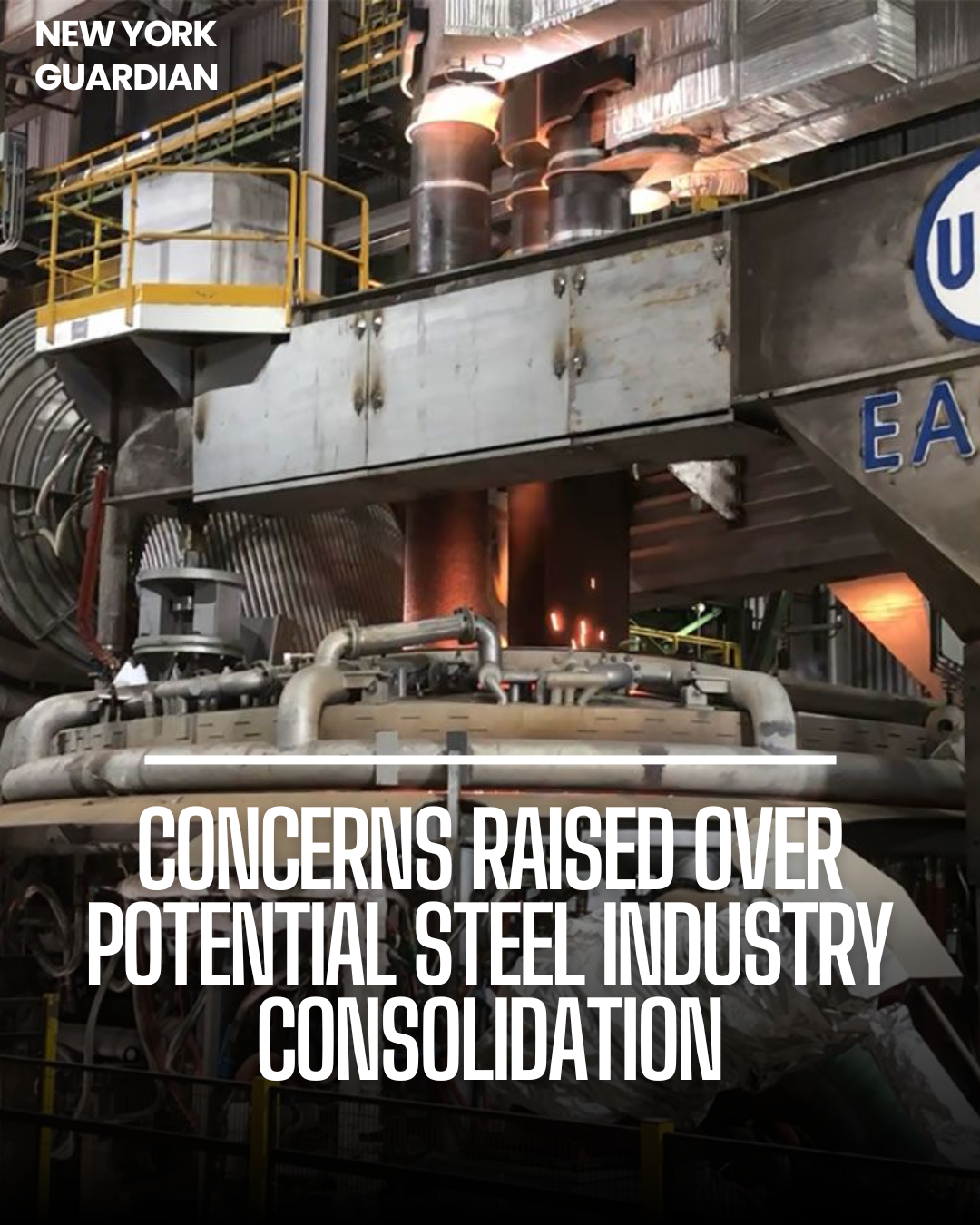On Friday, a group portraying significant automakers urged the White House to oppose Cleveland-Cliffs’s try to purchase rival U.S. Steel, alerting that a deal could result in anti-competitive vehicle pricing.
In a recent development, concerns have been raised by the Alliance for Automotive Innovation regarding the potential consolidation of U.S. Steel and Cleveland-Cliffs, which could significantly impact the steel industry and vehicle manufacturing sector
Warning Against Consolidation
According to a letter from Alliance for Automotive Innovation CEO John Bozzella, the consolidation would result in 65 to 90% of steel used in vehicles falling under the control of a single company. This concentration of power could have far-reaching consequences for the automotive industry and consumers.
Response from President Biden
President Joe Biden previously expressed his stance that U.S. Steel should remain domestically-owned. This comes in light of U.S. Steel’s agreement to be acquired by Japan’s Nippon Steel for $14.9 billion.
However, Cleveland-Cliffs has indicated its willingness to make another bid for U.S. Steel if the deal with Nippon Steel falls through.
Concerns from Automotive Giants
The Alliance for Automotive Innovation, representing major players like General Motors, Toyota, Volkswagen, and Hyundai, urged the administration to consider alternative outcomes.
They emphasized that allowing a single company to control such a significant portion of domestic steel production could lead to adverse effects, including increased costs for steel and electric vehicle (EV) production.
Implications for EV Industry
Of particular concern is the control of “100% of the domestic electrical steel (e-steel)” required for EV motors and production. The group warned that this consolidation could drive up costs for steel and e-steel, ultimately raising the prices of finished vehicles, including EVs, for American consumers.
Call for Action
The Alliance for Automotive Innovation has previously raised these concerns with Congress, the Federal Trade Commission, and the U.S. Justice Department. They highlight the potential impact on various aspects of vehicle manufacturing, including structural frames, automotive surface panels, and EV motors.
Awaiting Response
As of now, there has been no immediate response from the White House, Cleveland-Cliffs, or U.S. Steel regarding the concerns raised by the Alliance for Automotive Innovation. However, the issue remains a topic of interest and scrutiny within the automotive and steel industries.





















